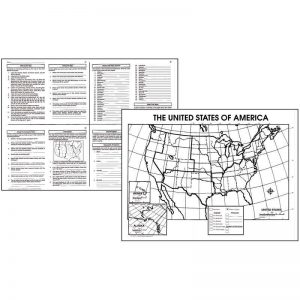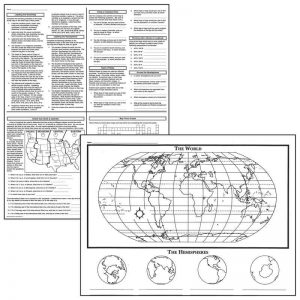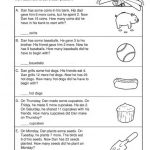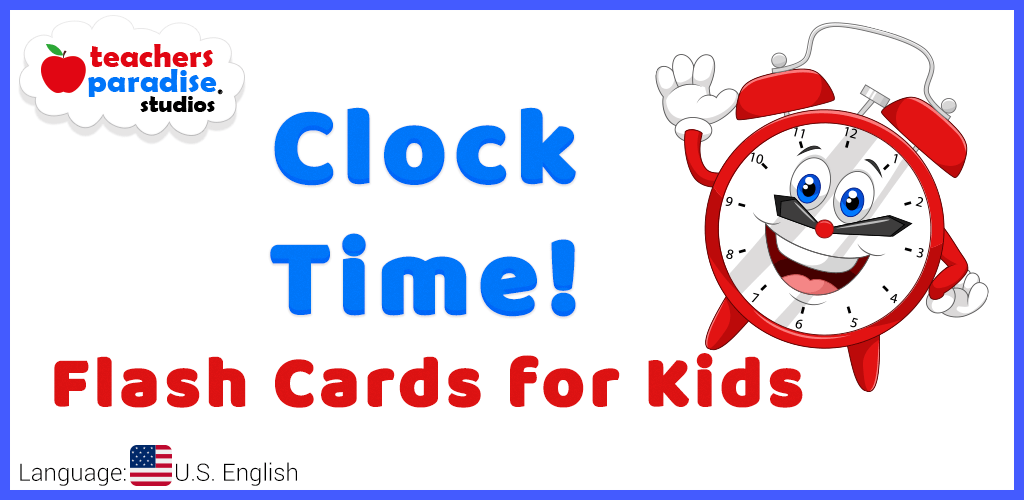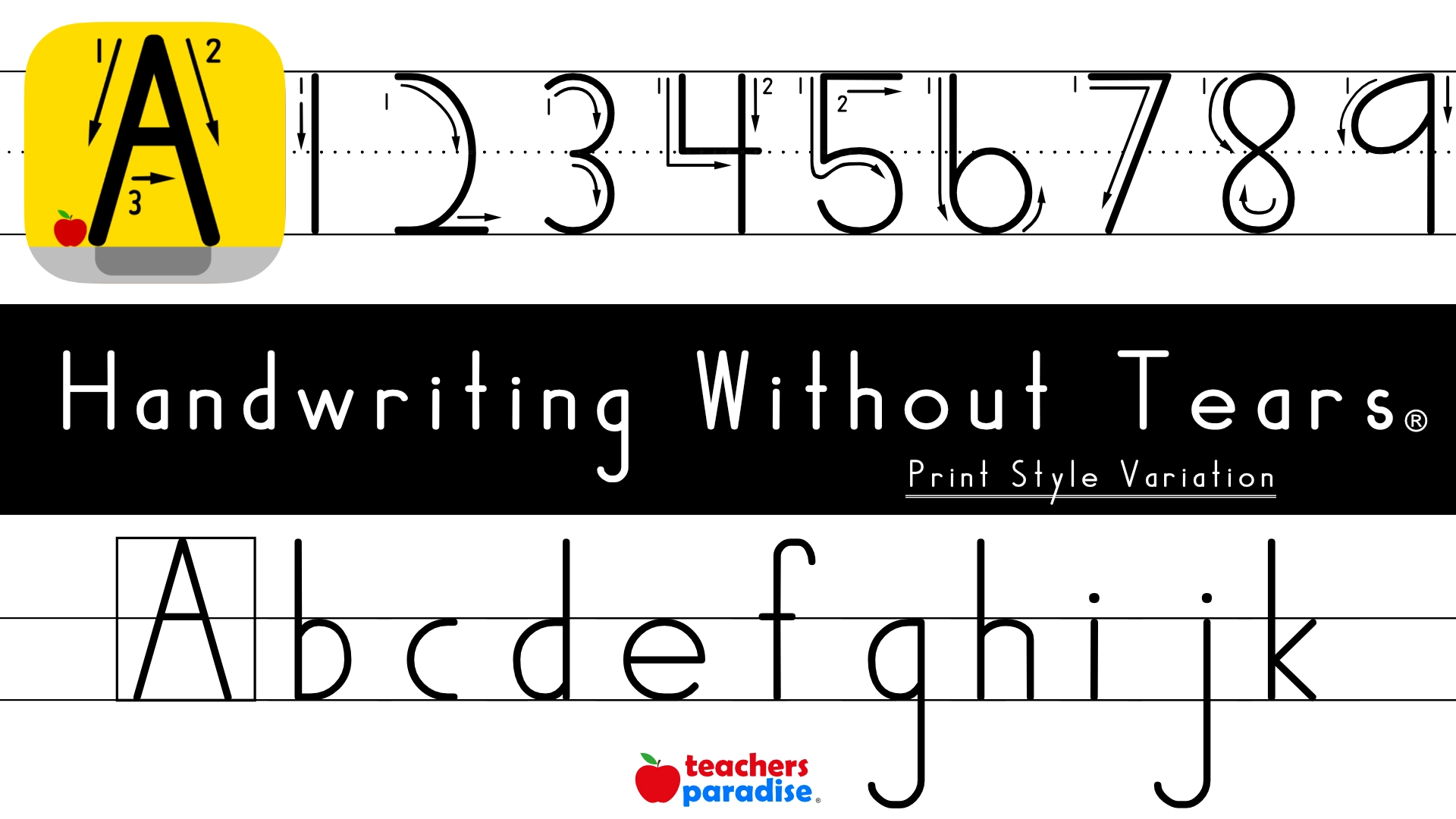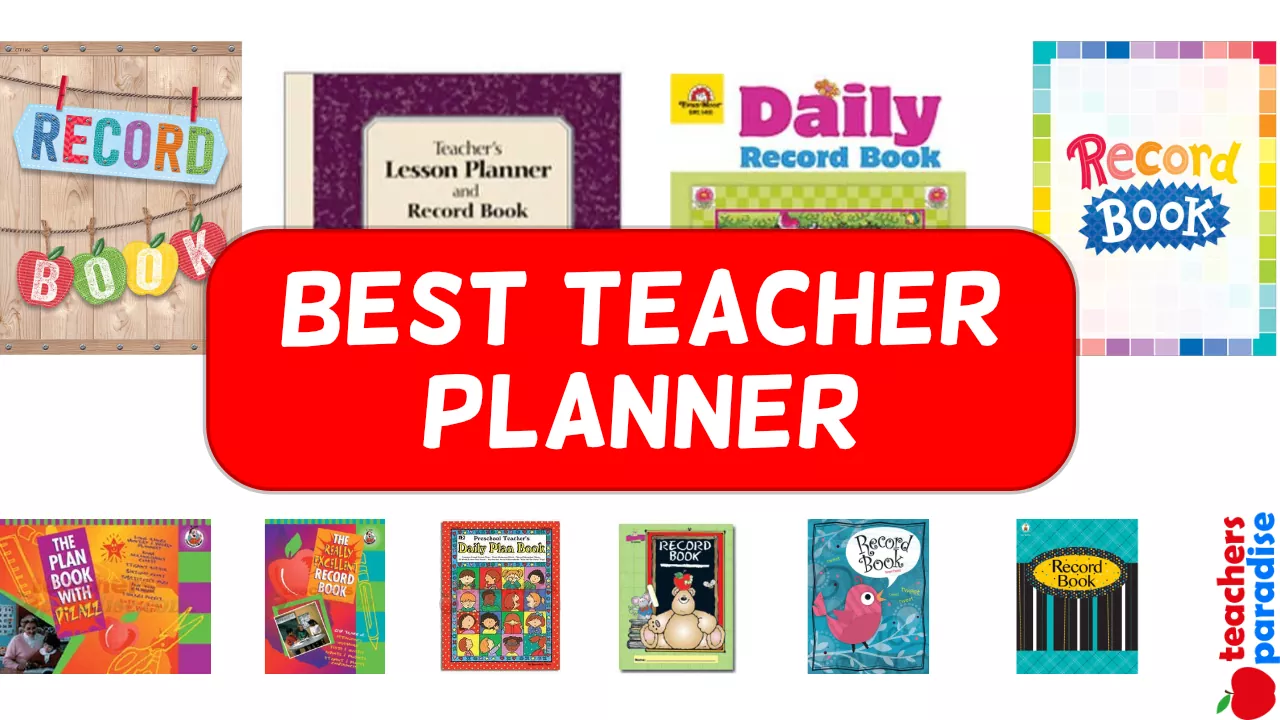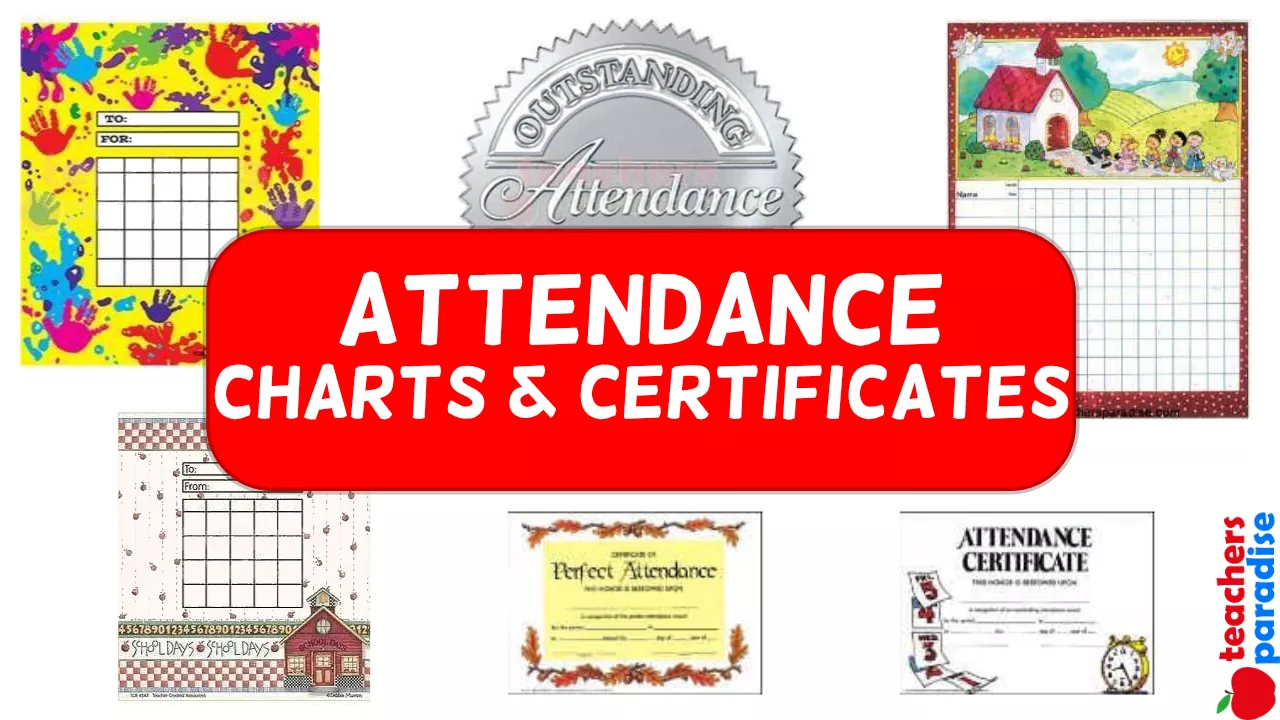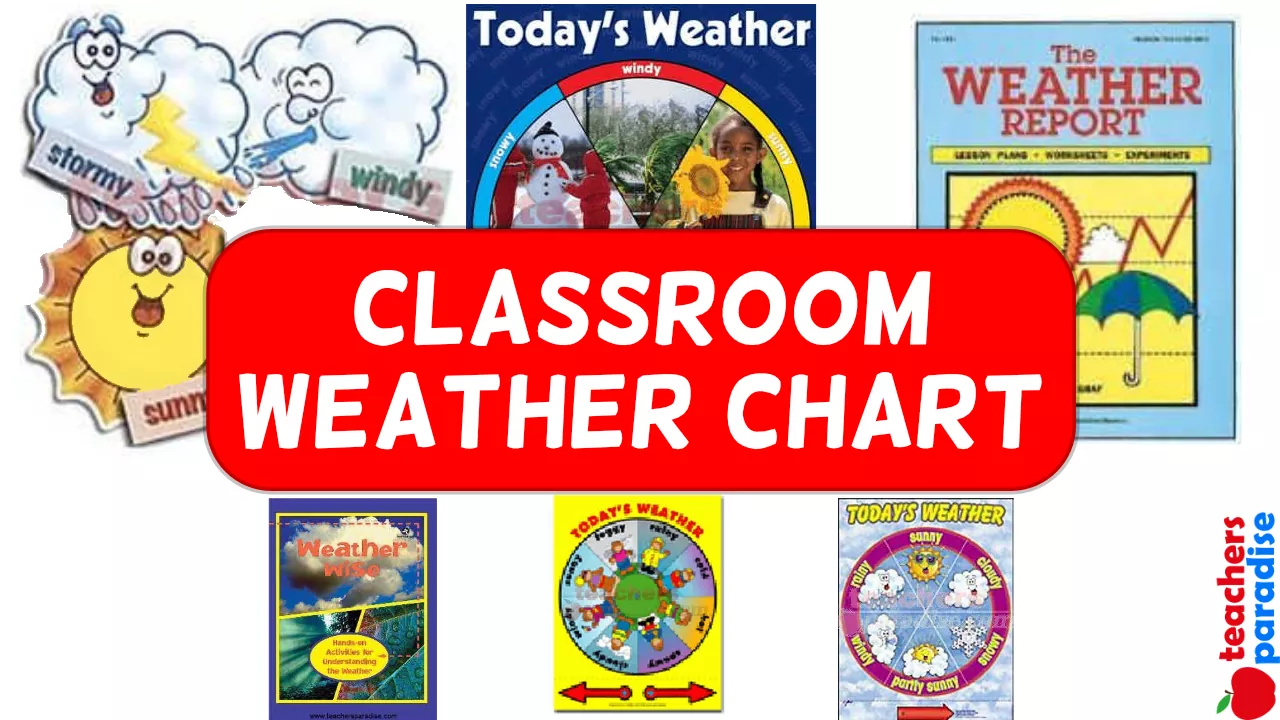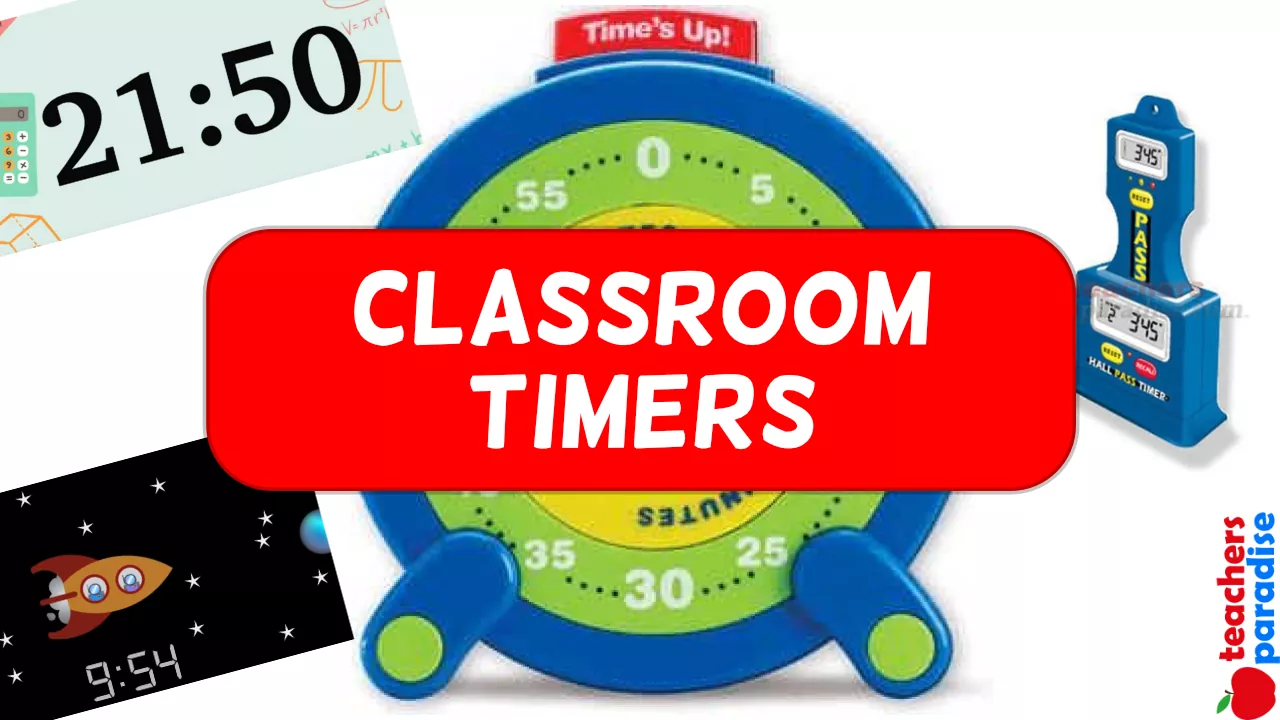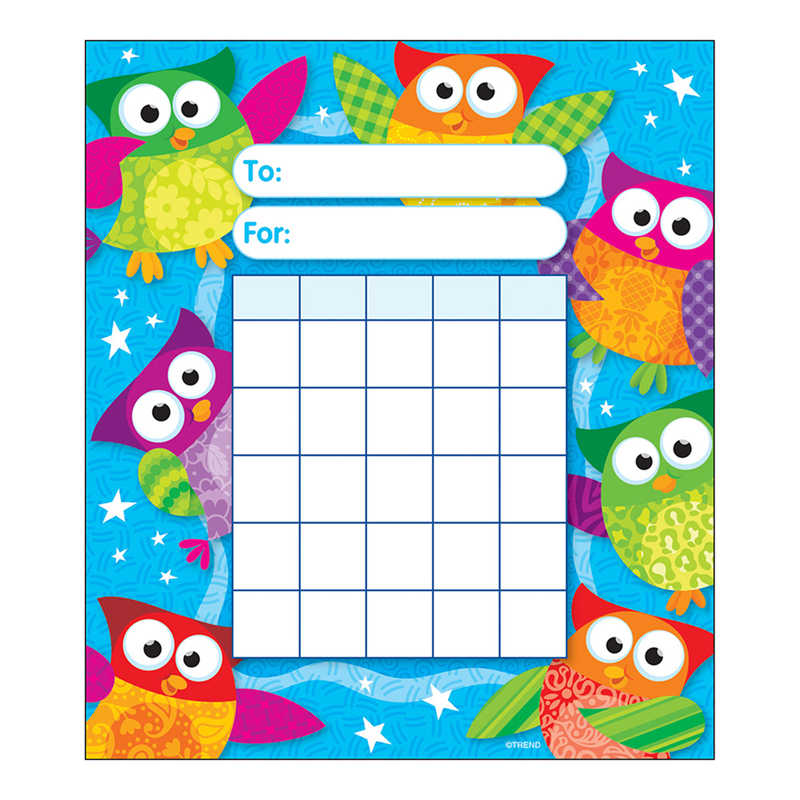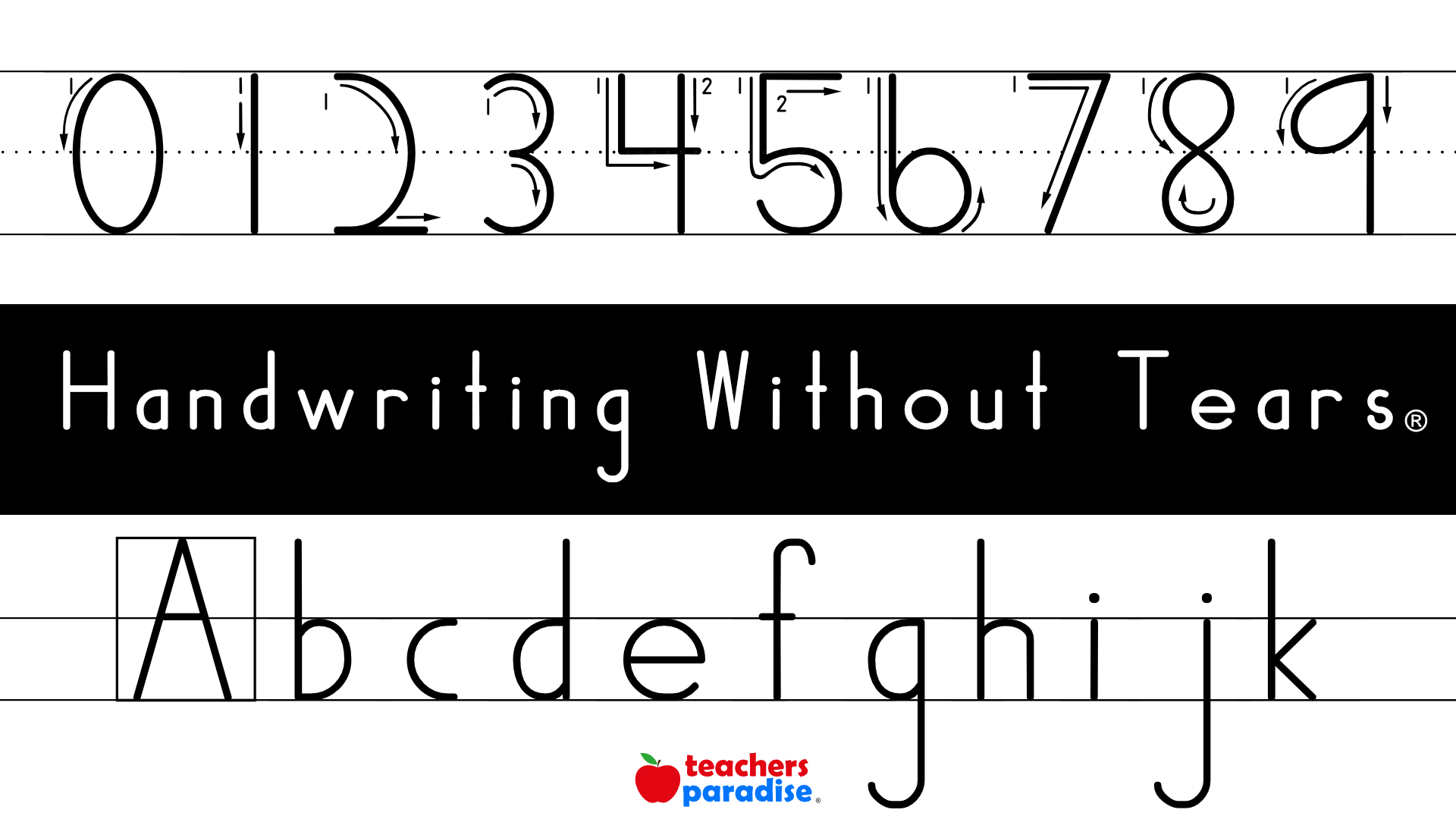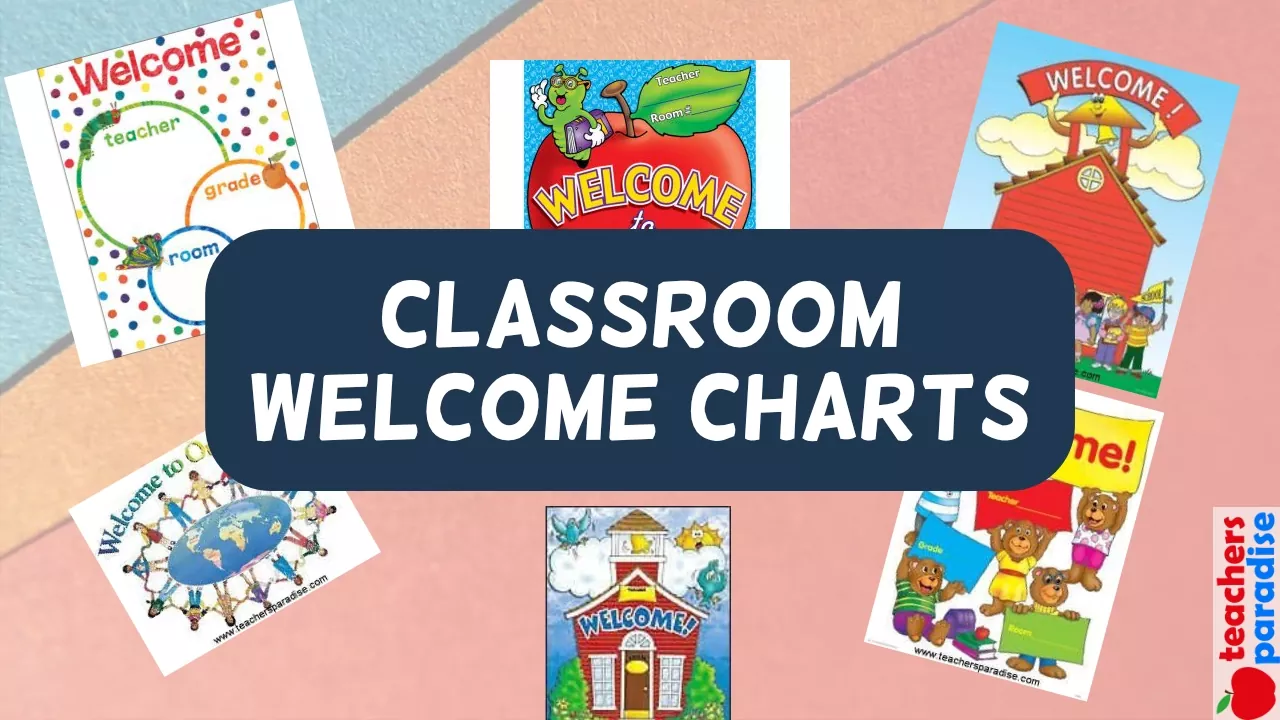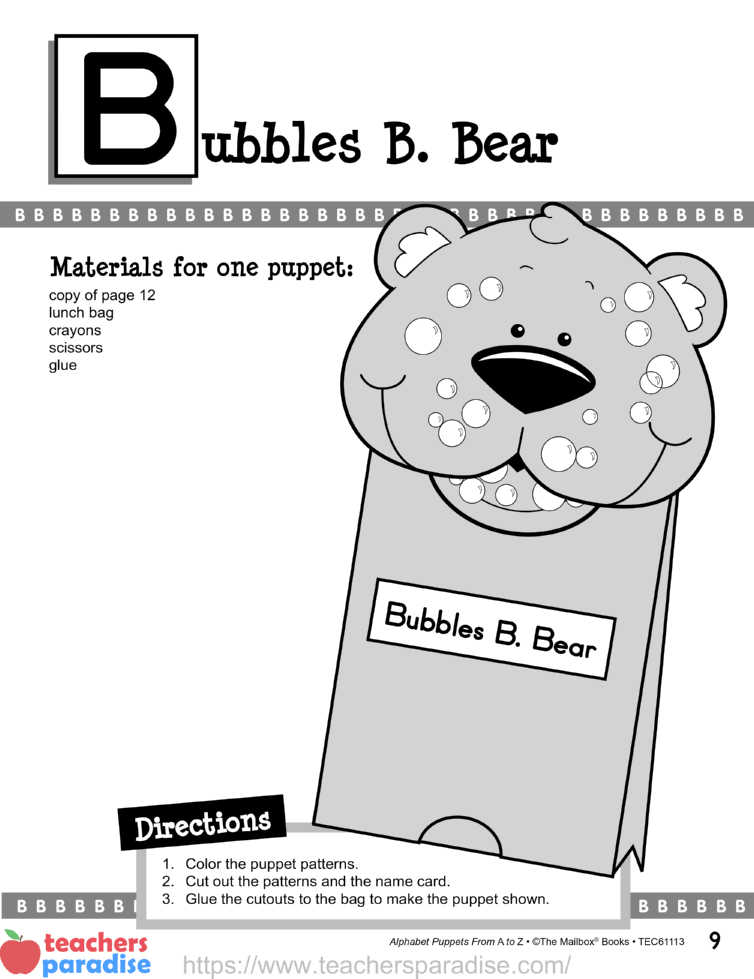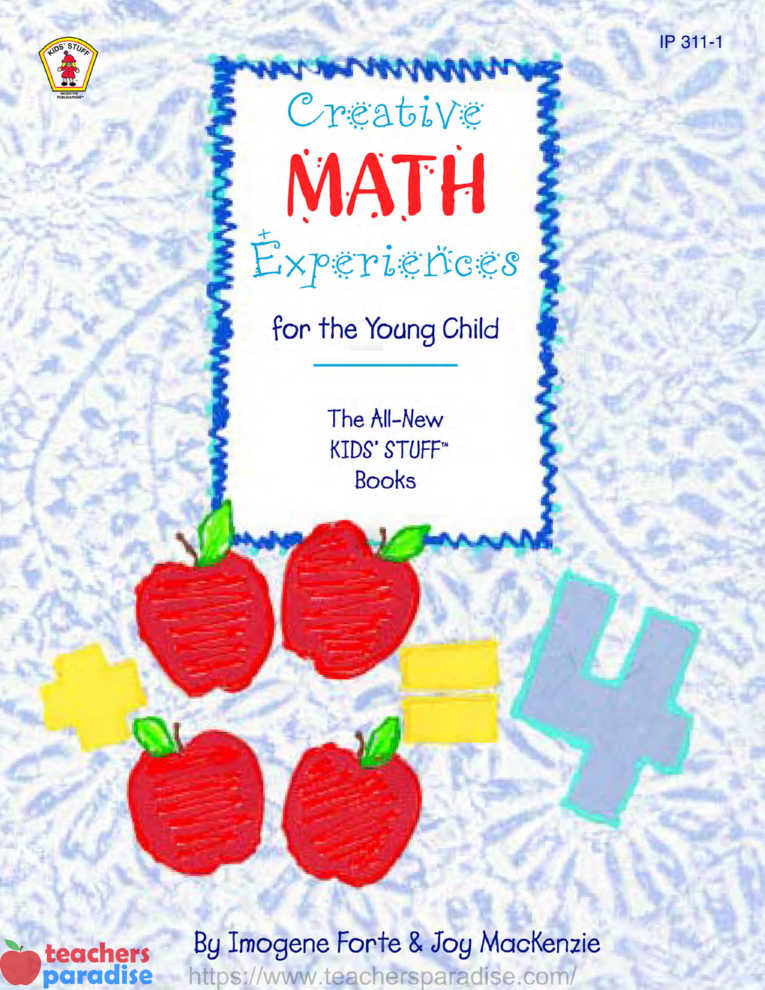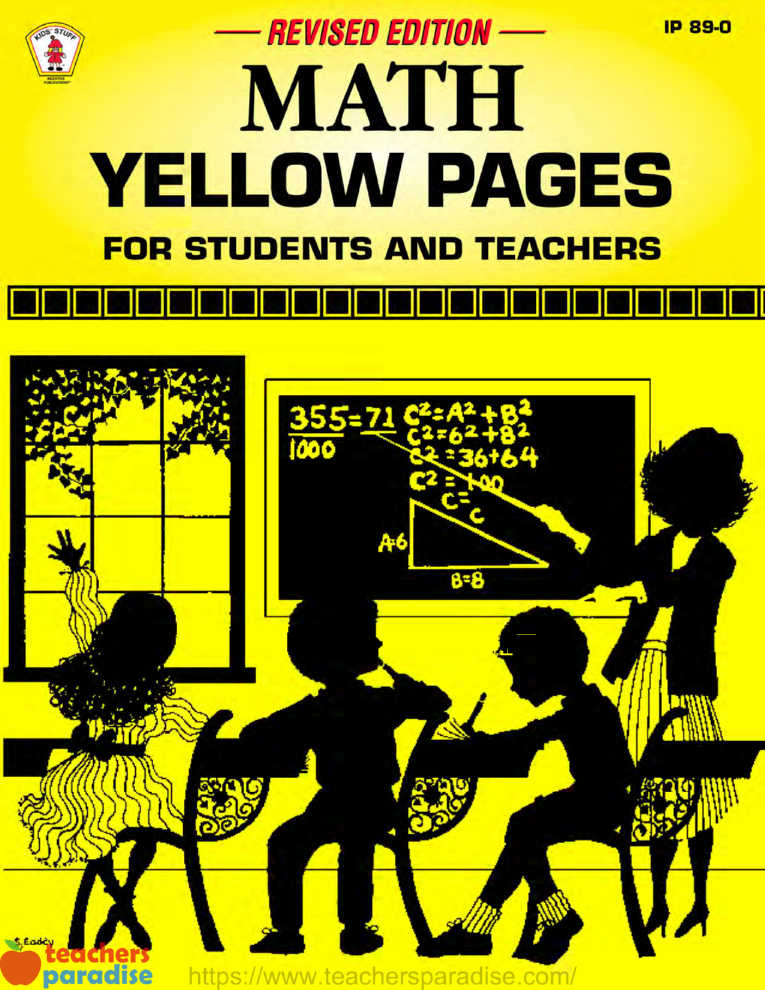U.S. Government Reproducible Book, Grades 6-9
The Need for Government
Imagine what a school would be like without rules. Students would not have to attend class, complete assignments, obey teachers, or treat classmates with respect. Also, teachers would not have to assign grades fairly or treat students with respect. Obviously, without rules, schools could not function.
Just as rules are necessary for schools to function, laws are necessary for society to function. Life in a society without laws would be unsafe and unpredictable. Even though many people would probably cooperate and treat one another with respect, others would steal whatever they wanted and do as they pleased without fear of punishment. There would be no police department to provide safety and no judicial system to protect people’s rights.
WORKSHEET & Sample PDF Activity
Sample PDF Activity
Governments exist to maintain law and order. They also provide services that people need. Governments build and maintain roads, hospitals, and schools. They construct libraries, parks, and playgrounds and provide police and fire protection. All of these functions, and many others, make government an important part of a society.
- Why are governments necessary?
- What types of services do governments provide?
- Do you think governments provide enough services? Explain.
- Think about your community. Name several services your government provides.
- Do you think it is possible for a government to provide too many services or have too much influence in a society? Explain.
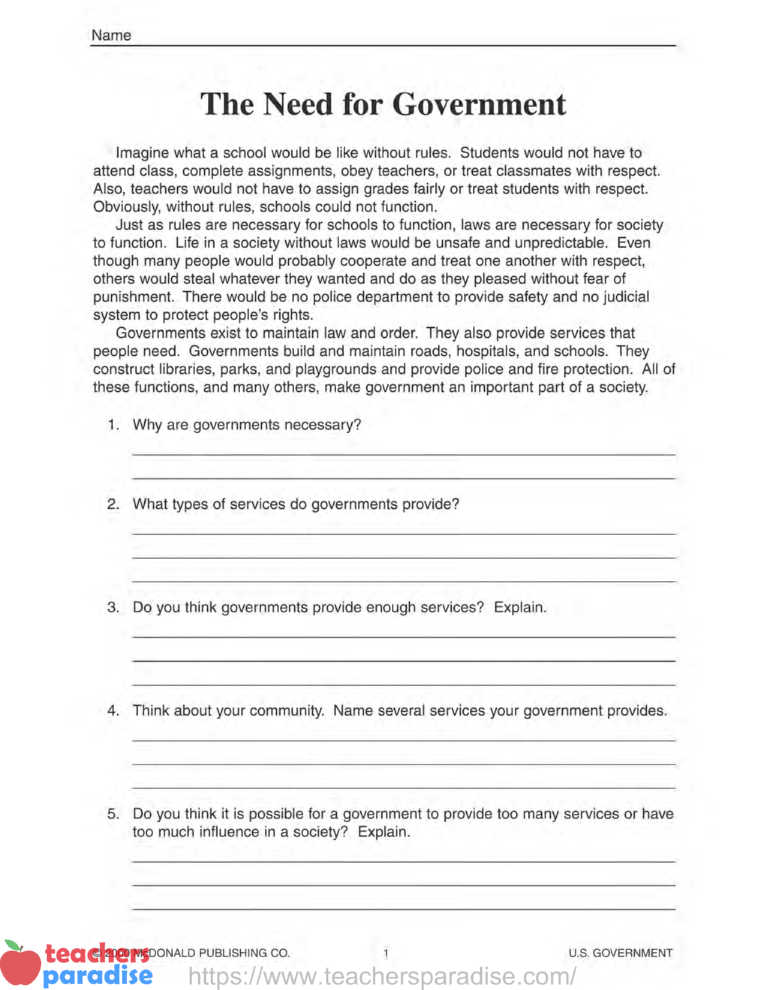
Types of Government
There are many different types of government. Until the seventeenth and eighteenth centuries, nearly all governments were absolute monarchies. In an absolute monarchy,a king, queen, or other royal ruler holds all the power, which is usually passed down through the royal family. Eventually many countries using this system began to limit the power of their monarchs. Governments in which the authority of the ruler is limited by a constitution are called limited or constitutional monarchies. Great Britain today is an example of this type of government. The powers of Queen Elizabeth II are mainly ceremonial; real control rests in the hands of Parliament.
In a dictatorship, one person or a group holds absolute power. Dictators often obtain power without the consent of the people, and their power is rarely passed from generation to generation.
A democracy is a government ruled by the people. In a direct, or pure, democracy,citizens participate directly in making laws and decisions. The ancient Greek city-state of Athens was a direct democracy. The United States is much too large to be a direct democracy. It is a representative democracy. U.S. citizens elect representatives to make laws and decisions. The U.S. government is also referred to as a republic. In a republic, as in a representative democracy, citizens elect representatives to run the government.
Not all Greek city-states were direct democracies. Some were oligarchies. In an oligarchy, ruling power is in the hands of a few people. Those in control of the ancient Greek city-state oligarchies were in the wealthy or noble class. This kind of oligarchy is called an aristocracy.
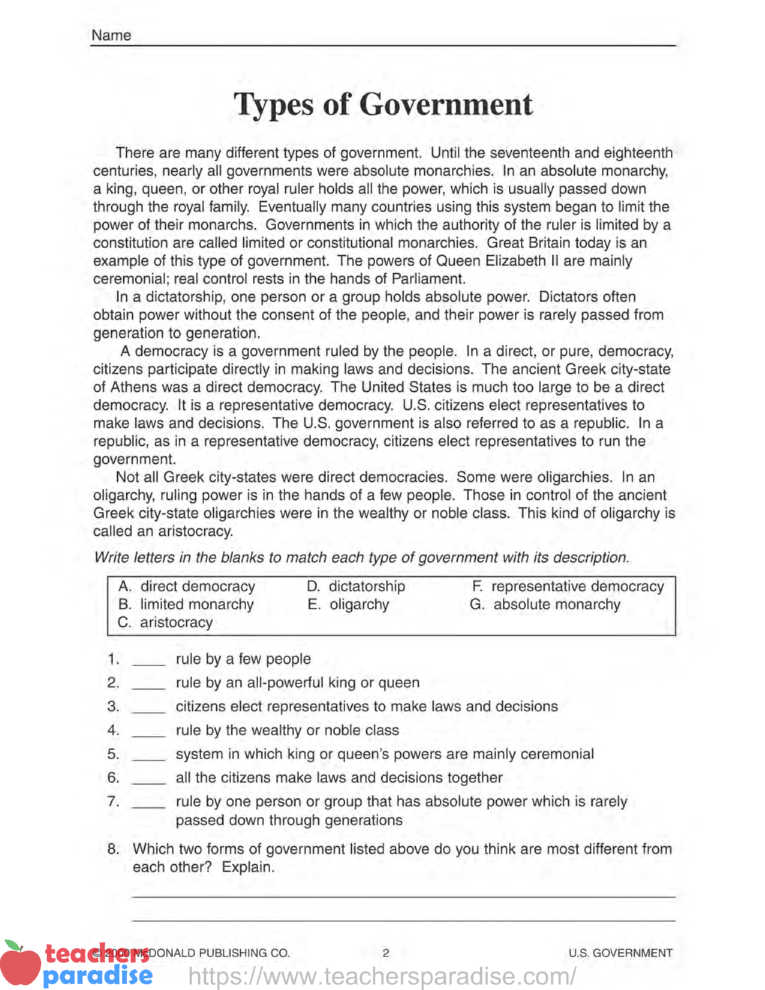
Write letters in the blanks to match each type of government with its description.
- __ rule by a few people
- __ rule by an all-powerful king or queen
- __ citizens elect representatives to make laws and decisions
- __ rule by the wealthy or noble class
- __ system in which king or queen’s powers are mainly ceremonial
- __ all the citizens make laws and decisions together
- __ rule by one person or group that has absolute power which is rarely passed down through generations
- Which two forms of government listed above do you think are most different from each other? Explain.
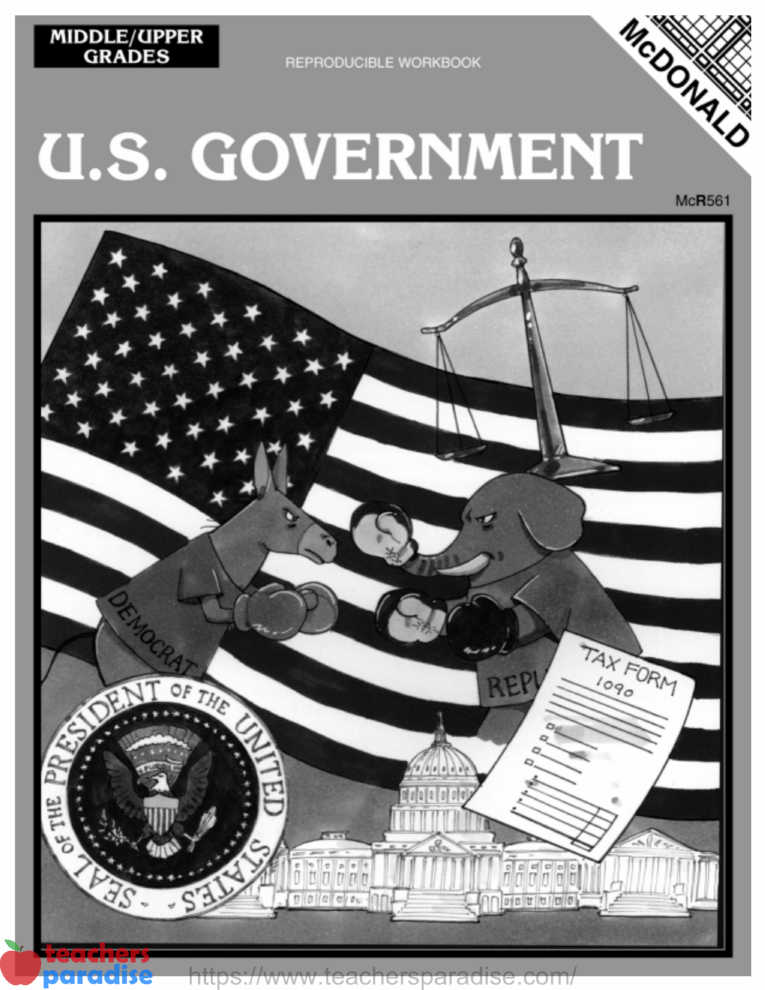
The activities in this book clearly explain the three levels of government in the United States, with special emphasis placed on the federal government. All aspects of executive, legislative, and judicial organization and powers are addressed. This book also presents important information about political parties, special interest groups, and the rights and responsibilities of citizens in a democracy. Each page includes several questions or activities that require students to demonstrate their understanding of the information they have learned.
Table of Contents
1 – The Need for Government
2 – Types of Government
3 – Early U.S. Government
4 – The Constitution
5 – Congress: Our National Legislature
6 – The Powers of Congress
7 – What Congress Cannot Do
8 – How a Bill Becomes a Law
9 – How a Bill Becomes a Law (continued)
10 – Special Interest Groups and Lobbyists
11 – The Executive Branch
12 – The Office of the Presidency
13 – How We Elect Our President
14 – The Powers and Duties of the President
15 – The Federal Judicial System
16 – The Role of the Supreme Court
17 – Checks and Balances
18 – Organization of State Government
19 – Powers and Functions of State Government
20 – Types of Local Government
21 – The Role of Local Government
22 – Our Rights as Citizens
23 – Political Parties
24 – The Importance of Voting
25 – Elections
26 – Taxes
27 – Trial By Jury
28 – U.S. Government Review

